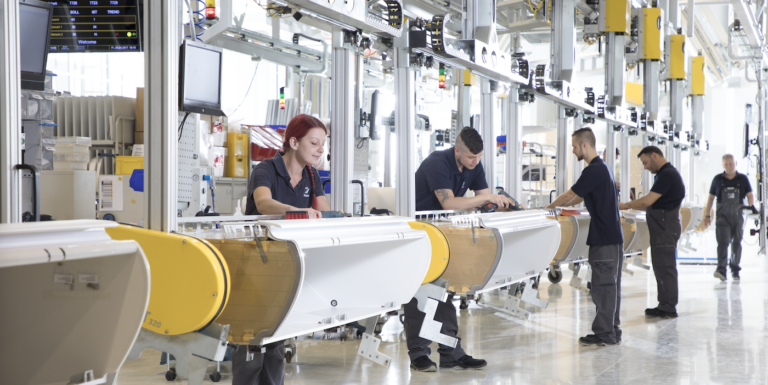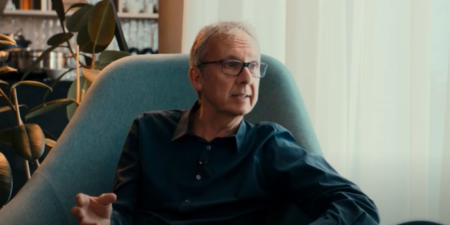There are many indications that the aviation sector is heating up and heading for recovery, now that many countries around the world are relaxing or removing Covid-related travel restrictions. Indeed international aerospace group, FACC, is harnessing what it sees as “positive developments on the global aircraft market for systematic growth”. In particular, says the company, “demand is on the rise, and a noticeable increase in sales is on the horizon for 2022.”
The group is not just talking confidently – it is investing in that confidence, adding more than 200 new employees to the workforce at its Upper Austrian facilities, with a focus of the newly production, IT, digitalisation, innovation management and automation. FACC is also launching an investment initiative worth a total of EUR 150 million (US$170m) over the next five years (see below).
FACC said in a release: “The aviation industry is currently experiencing an upswing – airlines are starting to expand their fleets again, and the positive industry trend is significantly stronger in some areas than recently forecast. FACC is consistently taking advantage of these opportunities: the aerospace company, which boasts major aircraft manufacturers such as Airbus, Boeing, Embraer, Bombardier, Rolls Royce and Pratt & Whitney among its customers, expects significant sales growth in 2022, and is pursuing a consistent expansion strategy for the coming years.”
Robert Machtlinger, CEO of FACC AG is certainly bullish about the market. He stated, “Last year alone [2021], we were able to secure new contracts worth more than EUR 1 billion. We are also focusing on a long-term growth strategy for the future, and are now launching an employment and investment initiative.”
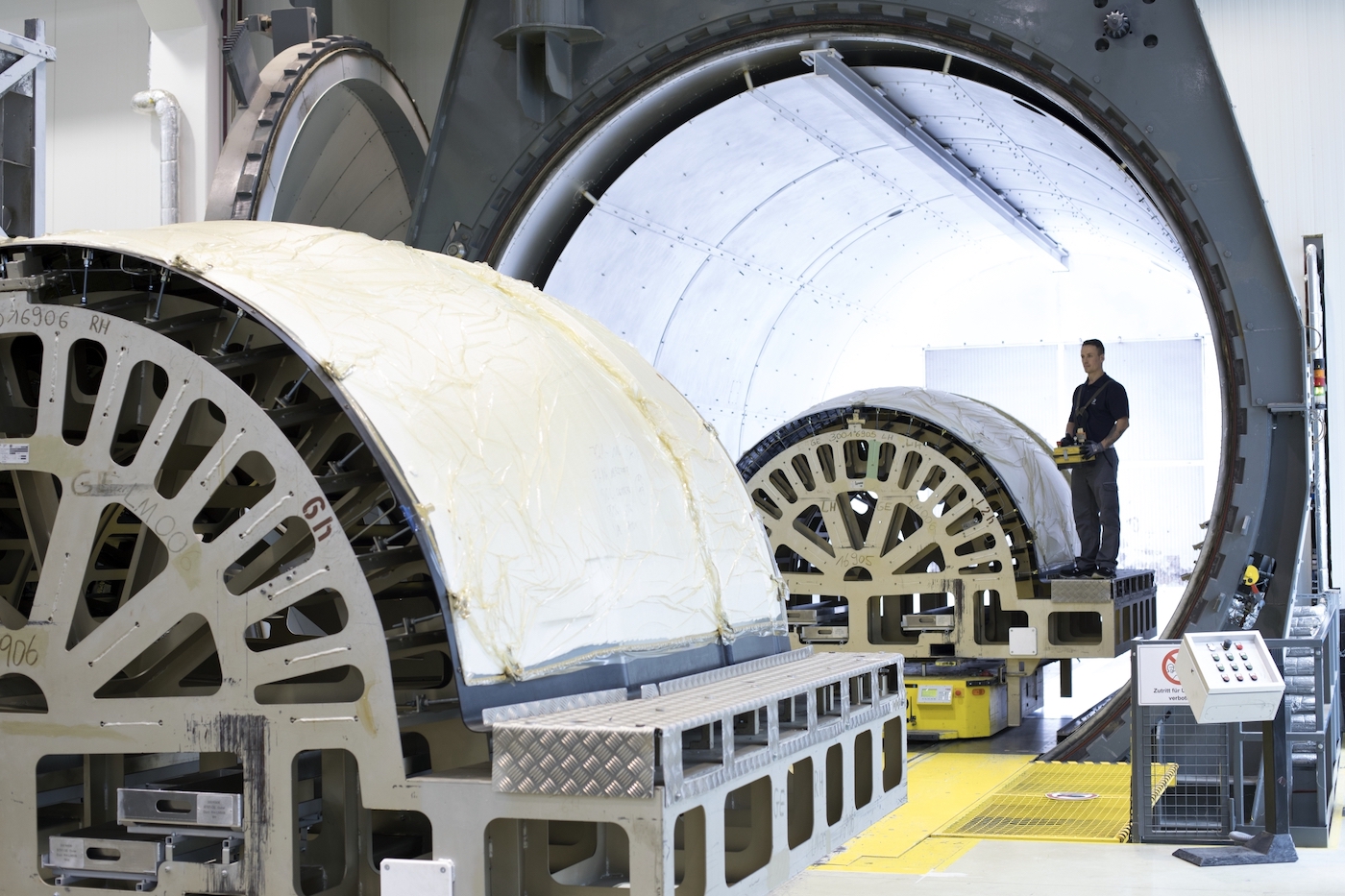
EUR 150 million over the next five years
A total of EUR 150 million is to be invested in the following three areas:
1: New projects
Airbus has commissioned FACC for production of the empennage components for the A220, thereby sustainably strengthening their close cooperation, now spanning decades. FACC is the sole supplier of the rudder and elevator for the A220.
FACC has developed a state-of-the-art business jet cabin for the Canadian aircraft manufacturer, Bombardier. The production of the cabin interior for the Bombardier Challenger 3500 constitutes a major project for the coming years.
In 2021, FACC was awarded a contract for the European Ariane 6 space programme. A potential first application of the lightweight innovation is the HERA project for planetary asteroid defence technology. The goal is to test the extent to which an asteroid can be deflected from its trajectory by means of two comets passing by Earth.
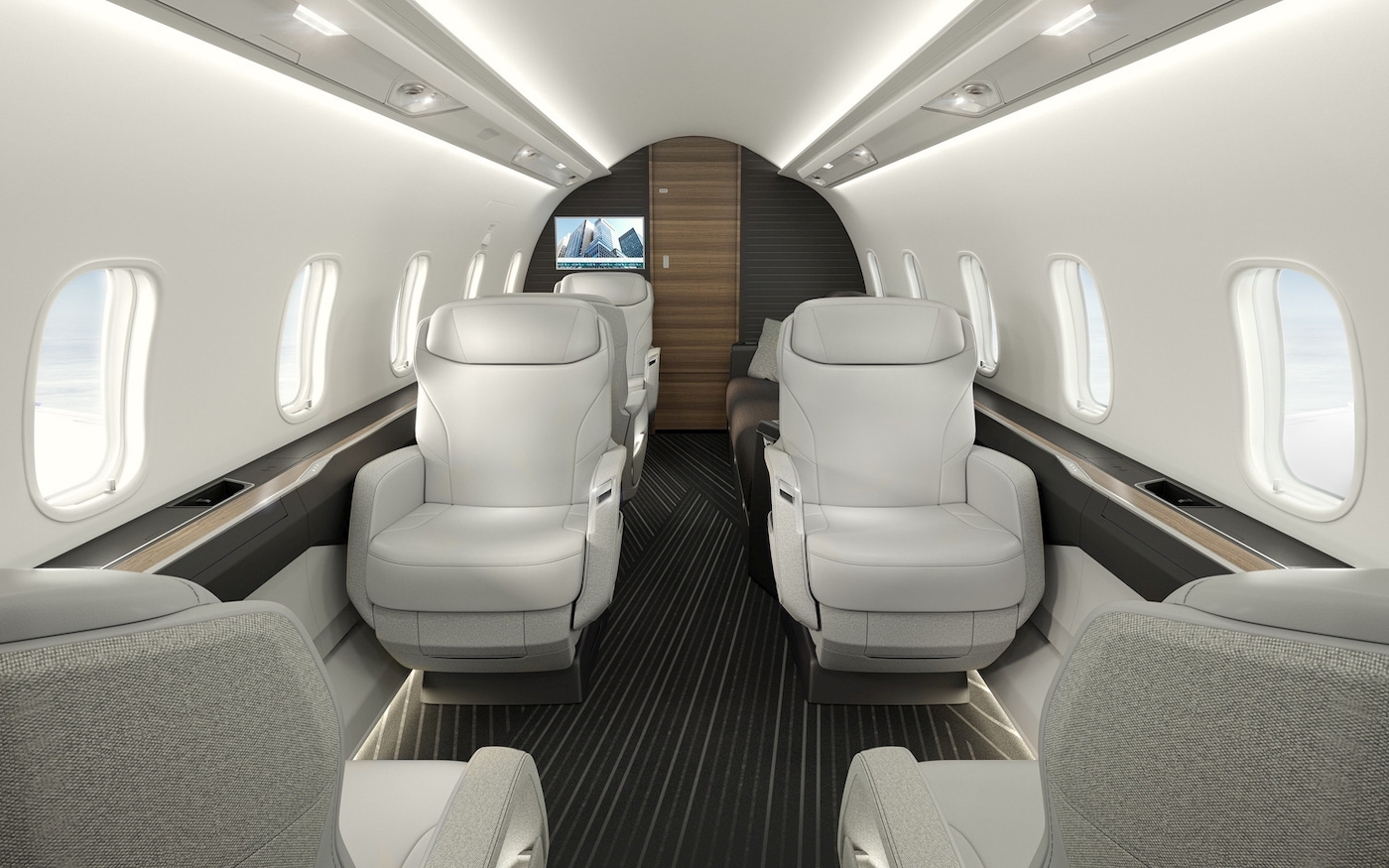
2: Strong expansion of R&D
FACC is intensively working on, and thus investing in, new materials and production technologies. Here, two major goals go hand in hand: consistent sustainability and steadily increasing competitive strength.
For example, FACC is researching new lightweight materials such as composites, and their processing methods. Composites are resistant and durable, boast a long lifecycle, and save fuel and thus CO2 in flight operations due to their low weight. The company is also taking systematic steps to innovate and improve the manufacturing processes for such materials, focusing in particular on reducing the curing time of parts. This saves energy while cutting CO2 emissions.
The recyclability of components will constitute a further research and development focus in the coming years. Thus, chemical product components are to be replaced by biological substances, for instance from the sugar cane industry.
As part of its investment initiative, FACC will also be intensifying and expanding its collaborative research with leading companies in the aircraft industry, for instance the Airbus Wing of Tomorrow programme.
In terms of production, FACC will continue to drive forward the industrial production of lightweight construction systems for aircraft, through the development of additional high-performance automation technologies. The goal is to reduce throughput times, cut manufacturing costs and consume less energy.
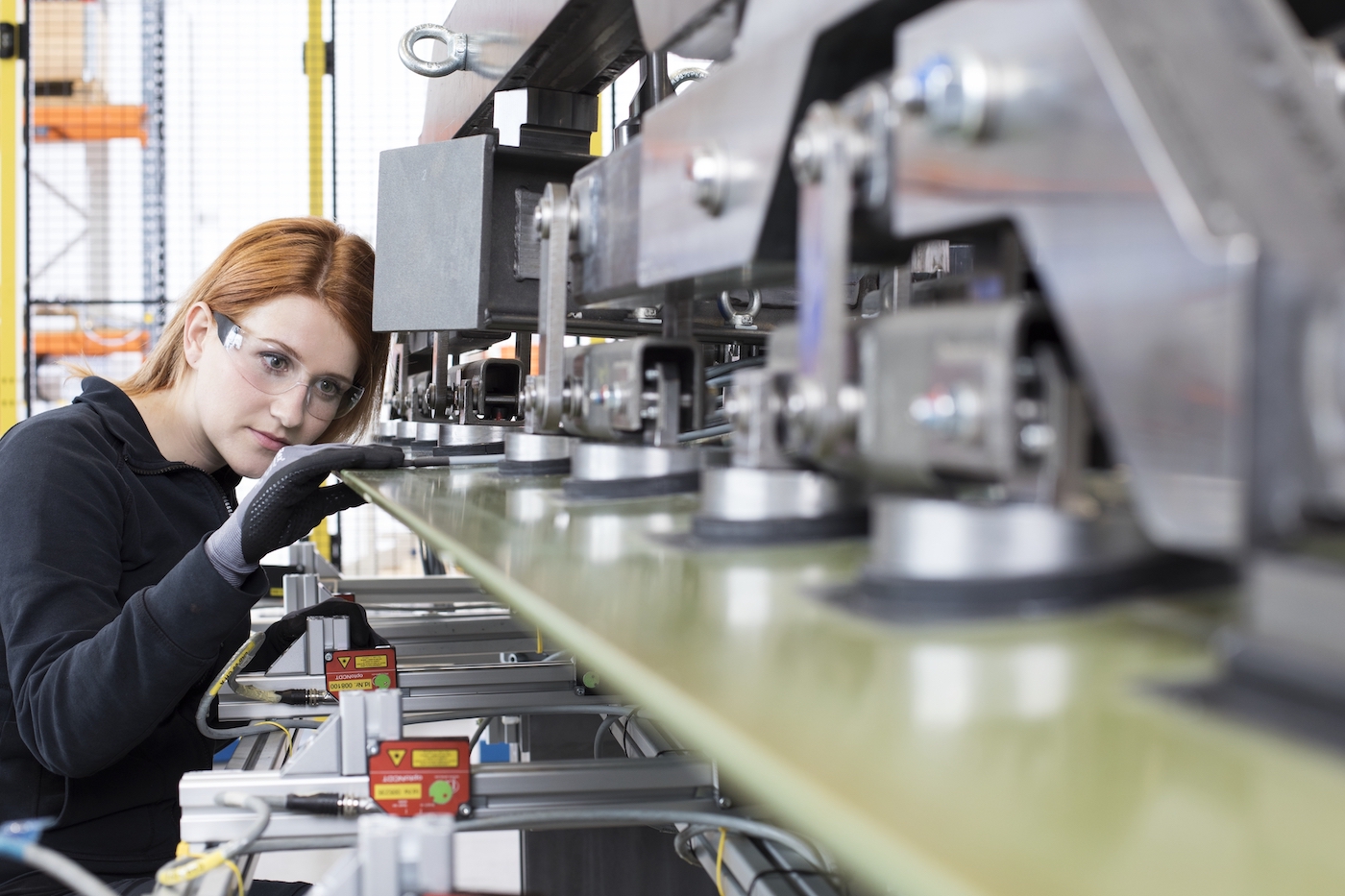
3. Expansion of production facilities
In the past year, FACC AG concluded contracts in excess of EUR 1 billion with its customers. To get equipped for the future, the aviation group will be expanding its production facilities with next-generation technology and building new, highly automated plants.
All together, FACC intends for these employment and investment initiatives to generate sustained growth in the coming years. By 2030, FACC aims to establish itself among the top 50 aerospace groups worldwide; it is currently among the top 100.


